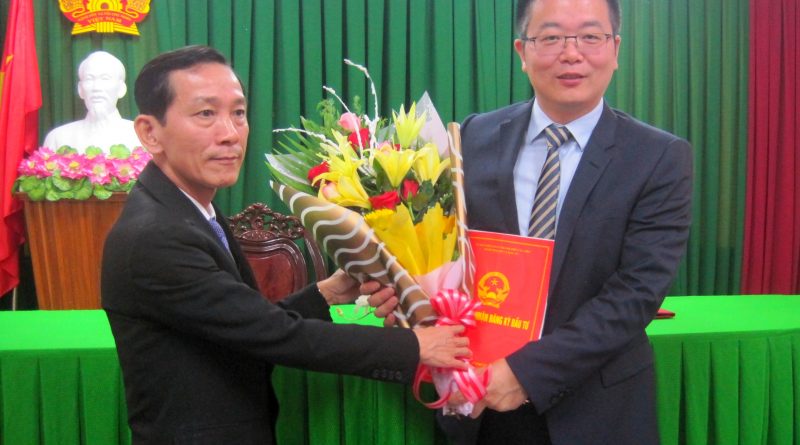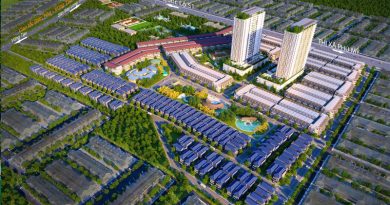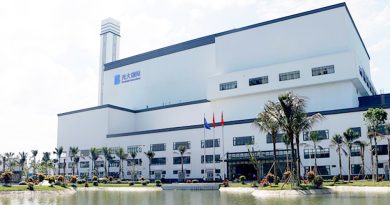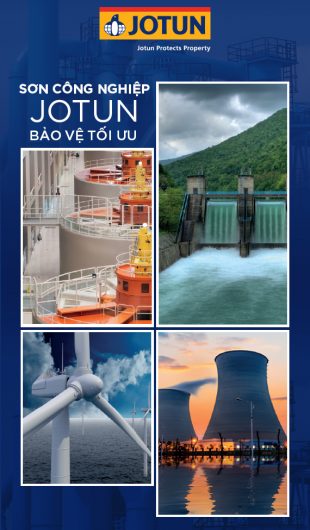Hong Kong company to build first waste-to-energy project in Can Tho
Hong Kong-based China Everbright International Limited (Everbright) has received the investment certificate to develop the first waste-to-energy plant in the Mekong Delta in general and the Mekong Delta city of Can Tho in particular.
According to information published on the group’s website, on December 20, the leadership of the Can Tho People’s Committee granted the investment certificate, while simultaneously, representatives of the company and the Can Tho Construction Department signed an investment agreement for the project.
According to the plan, the project will be invested, built, and operated by Everbright for a duration of 22 years (including the construction period) with the total investment capital of $47 million. The construction is expected to be kicked off in February 2017 under a build-operate-own (BOO) model. The core equipment of the plant will adopt Everbright’s self-developed apparatus, while its gas emissions system will fully comply with the Euro 2010 Standard.
The plant is designed to have a processing capacity of 400 tonnes of daily household waste and will be equipped with a 7.5MW power generator. It is expected to generate approximately 60 million kWh of green electricity annually.
Once the plant comes into commercial operation in 2018, it will be Vietnam’s first waste-to-energy project which utilises technology for the harmless treatment, reduction, and recycling of household waste.
“The project marks an important milestone in Everbright’s development in the Vietnamese solid waste treatment market, as it is the group’s first overseas waste-to-energy project. In addition, it will also be Vietnam’s first advanced waste-to-energy project. The success of the project will open up numerous cooperation opportunities between the Vietnamese government and Everbright in other business areas related to integrated environmental services,” said Chen Xiaoping, CEO of Everbright.
Everbright operates in numerous sectors, including environmental project development, engineering management, technological development, and equipment manufacturing. It has a business presence in 14 provinces, regions, and municipalities in China and more than 70 counties over the world. It currently owns and operates 68 waste-to-energy plants with a total daily capacity of 55,000 tonnes
Source: VIR









